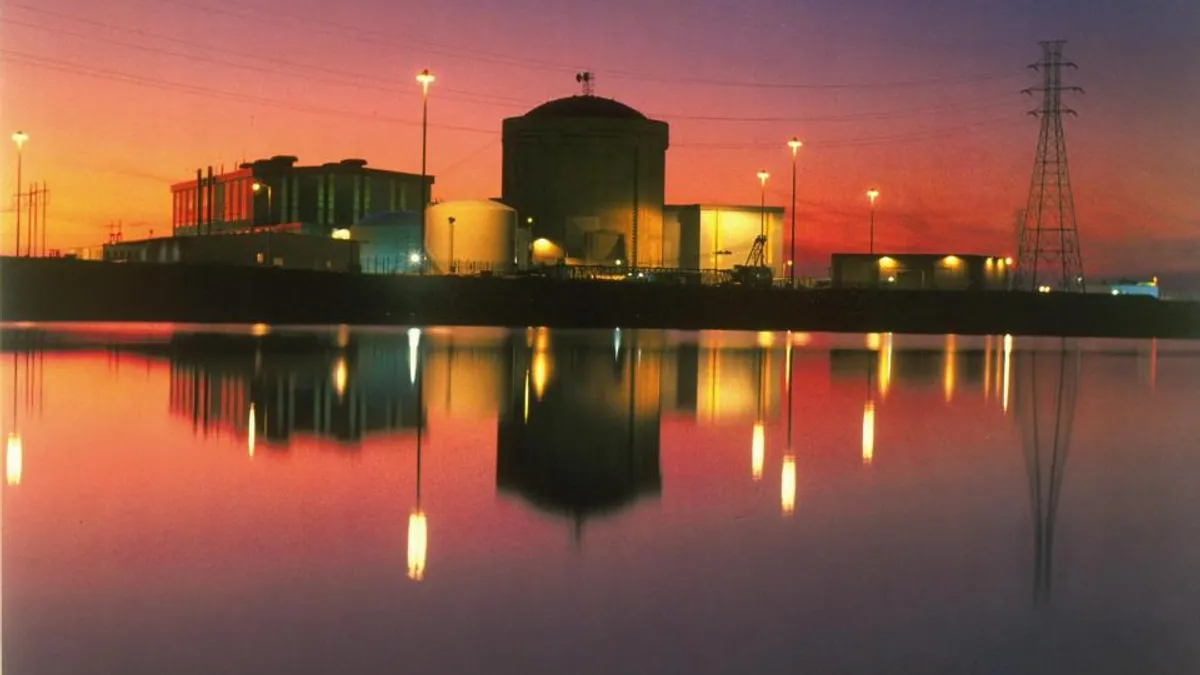Dive Brief:
- The owners of the V.C. Summer nuclear plant were warned more than a year ago that development of two new reactors at the South Carolina facility was likely not going to be successful, according to a newly-released audit of the project.
- The report, prepared by contractor Bechtel in February 2016, outlines numerous problems at the plant owned by Santee Cooper and South Carolina Electric & Gas Co., including flawed engineering documents, low morale at the work site, frequent construction changes, high turnover and generally slow progress.
- Santee Cooper and SCE&G parent SCANA Corp. previously told state officials they did not have a copy of the report to share, but local media reports that excuse blew up over the weekend, leaving the two utilities with significant questions to answer.
Dive Insight:
To get a sense of how quickly this story moved over the long holiday weekend, consider this detail reported by the Post & Courier: Santee Cooper's general counsel delivered the Bechtel report to members of Gov. Henry McMaster's office at a Cracker Barrel restaurant in the town of Summerville, on Labor Day.
The report, labeled "confidential" and "attorney-client privileged," was released by McMaster's office later that day. The governor threatened to fire the board of Santee Cooper, which is owned by the state, unless they released the report.
The report was completed in early 2016 — months before SCE&G informed regulators that its share of the development costs had risen more than $800 million, and about a year and a half before the utilities agreed to scrap the project.
In July, the board of Santee Cooper voted unanimously to halt construction, citing costs officials said could reach over $25 billion. SCANA Corp., which owns SCE&G and the remaining 55% of the project, subsequently filed plans with regulators to cease construction as well.
The newly-released report puts the spotlight on what the utilities knew, and when they knew it. For months after its publication the companies continued to tout their planned reactors as cost-effective generation options for their South Carolina customers.
The report includes some revelations, as well as known issues. Primary contractor Westinghouse did not have a formal construction schedule, and its reactor designs were "often not constructible." A detailed engineering design was still not complete.
"Based on Bechtel's assessment, there are significant issues facing the project," according to the report. "The consortium lacks the project management integration needed for a successful project outcome. ... there is a lack of shared vision, goals and accountability."
The report also suggests that Westinghouse and other contractors may not have been "commercially motivated" to finish the project.
The decision to end the nuclear expansion followed a commitment from Westinghouse parent Toshiba to contribute $2.2 billion toward the plant's completion. Problems with the reactor supplied by Westinghouse were a primary cause long delays and cost overruns, and the utilities had warned that the funds could be insufficient to complete construction.















